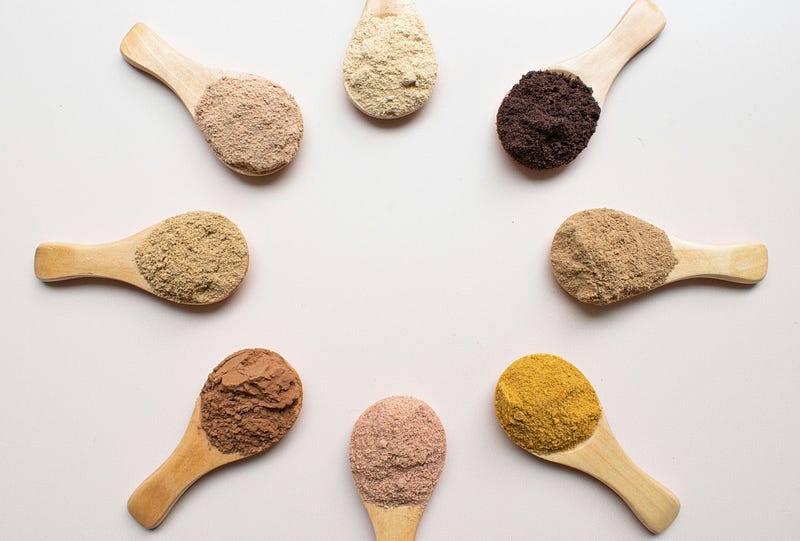Understanding the Varied Efficacy of Probiotics for Health
Written on
Chapter 1: The Probiotic Landscape
Probiotics have gained widespread recognition, often linked to numerous health benefits such as improved digestion and enhanced immunity. A quick stroll down the aisles of any grocery store reveals an array of probiotic products, each claiming to boost health and wellness.
Yet, the pressing question remains: are all probiotics created equal? Recent research published in Cell Reports has illuminated the intricate realm of probiotics, providing insights into their effectiveness and interactions within our bodies.
Understanding Generic Claims vs. Personalized Efficacy
Probiotics, which are living microorganisms, can offer health advantages when consumed in sufficient quantities. However, their effectiveness is not uniform and can differ widely among individuals. The recent study emphasizes that various factors—including one’s environment, dietary habits, lifestyle, and genetic makeup—play crucial roles in determining how effective probiotics can be. This challenges the previous notion that a single approach works for everyone.
Section 1.1: Key Characteristics of Effective Probiotics
The researchers employed a systematic methodology to evaluate diverse probiotic strains, focusing on three essential characteristics:
- Production of Beneficial Metabolites: Certain probiotics generate metabolites, termed "postbiotics," that benefit human health. The study assessed the capability of different strains to produce these metabolites, revealing which ones might provide the most advantages.
- Survival and Sustainability in the Intestine: Probiotics must endure and flourish in the challenging environment of the human gut. This research investigated how well various strains withstand such conditions.
- Impact on Other Gut Microbes: A balanced gut hosts a diverse array of microbes. The study explored how probiotics influence this ecosystem, particularly their interactions with other beneficial intestinal microbes.
Subsection 1.1.1: Dietary Influence on Probiotics

The research also examined how different diets affect these probiotic characteristics. It was found that high-fat, low-carbohydrate diets could negatively impact probiotic bacteria. This highlights the necessity of considering dietary factors when choosing probiotics, as the composition of one’s diet can significantly influence their effectiveness.
Section 1.2: The Societal Implications of Probiotic Choices
The probiotic industry is thriving, with projections suggesting it could reach an astonishing $85.4 billion by 2027. As awareness of gut health and related conditions rises, so does the demand for probiotic products. However, vague labels boasting health benefits can be misleading, potentially putting consumers at risk, particularly those with existing health issues.
With a growing elderly population experiencing increased gut inflammatory disorders, there is a lack of clear guidelines for selecting commercial probiotic products. This study provides a scientific, evidence-based framework for evaluating probiotic strains, empowering consumers to make educated choices.
Not only does this research help lower the costs associated with extensive clinical trials, but it also sets the groundwork for tailored and precise probiotic formulations. This individualized approach allows people to choose probiotics that meet their specific health requirements.
Probiotics are not universally effective; their success hinges on various factors, including diet and genetics. The recent findings published in Cell Reports clarify the probiotic selection process, guiding individuals toward informed choices that align with their health needs.
With the market for probiotics continually expanding, it is crucial to shift away from generic claims and adopt a personalized, evidence-based strategy to gut health.
Chapter 2: Expert Insights on Probiotics
The first video, How to Choose a Probiotic That Actually Works, dives into the important considerations for selecting the right probiotic for your needs, discussing various strains and their benefits.
The second video, Probiotics: Are They Really Necessary? | Talking Point | Diet, explores the necessity of probiotics in our diets, addressing common misconceptions and evidence-based insights.